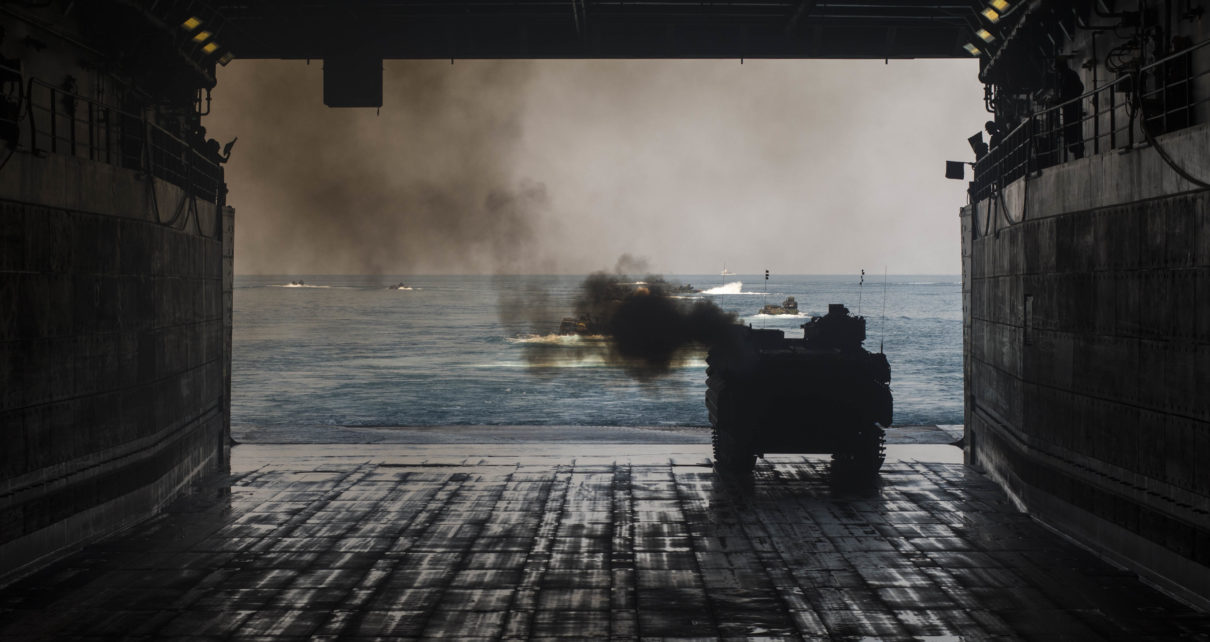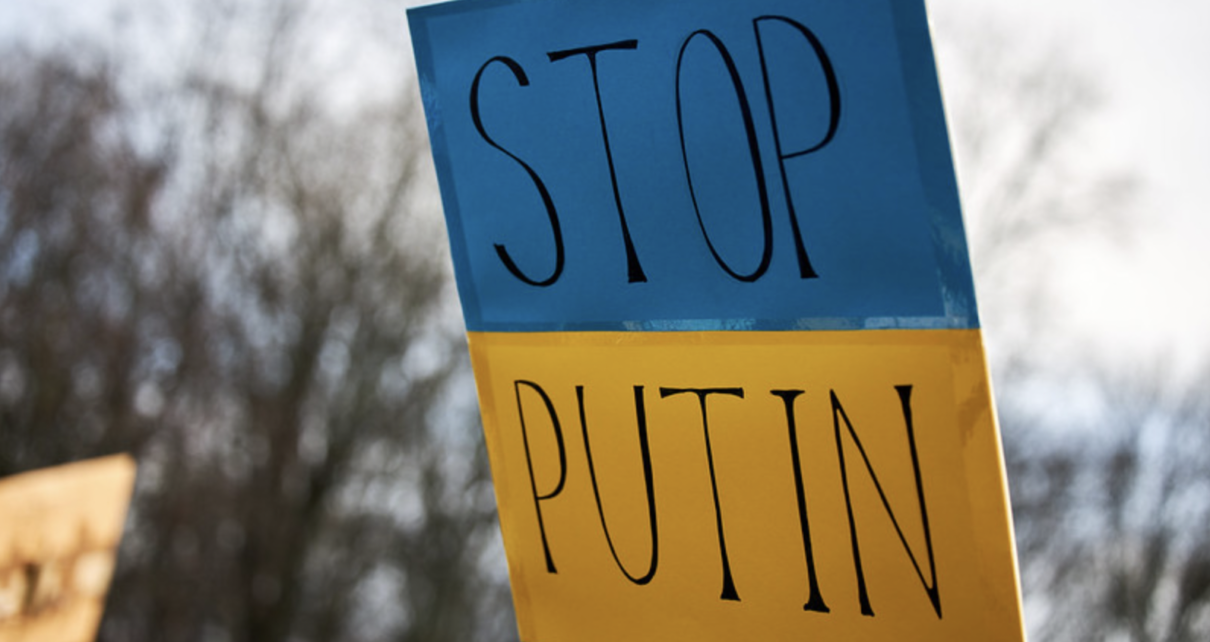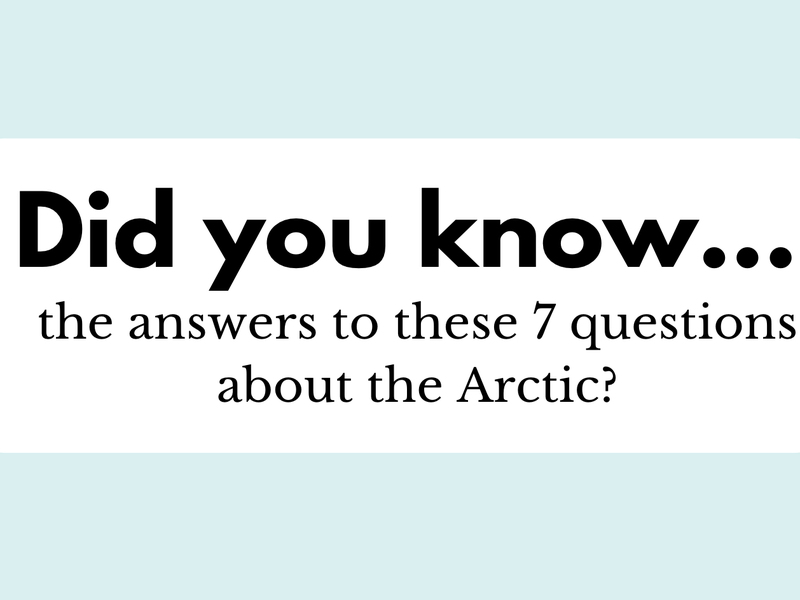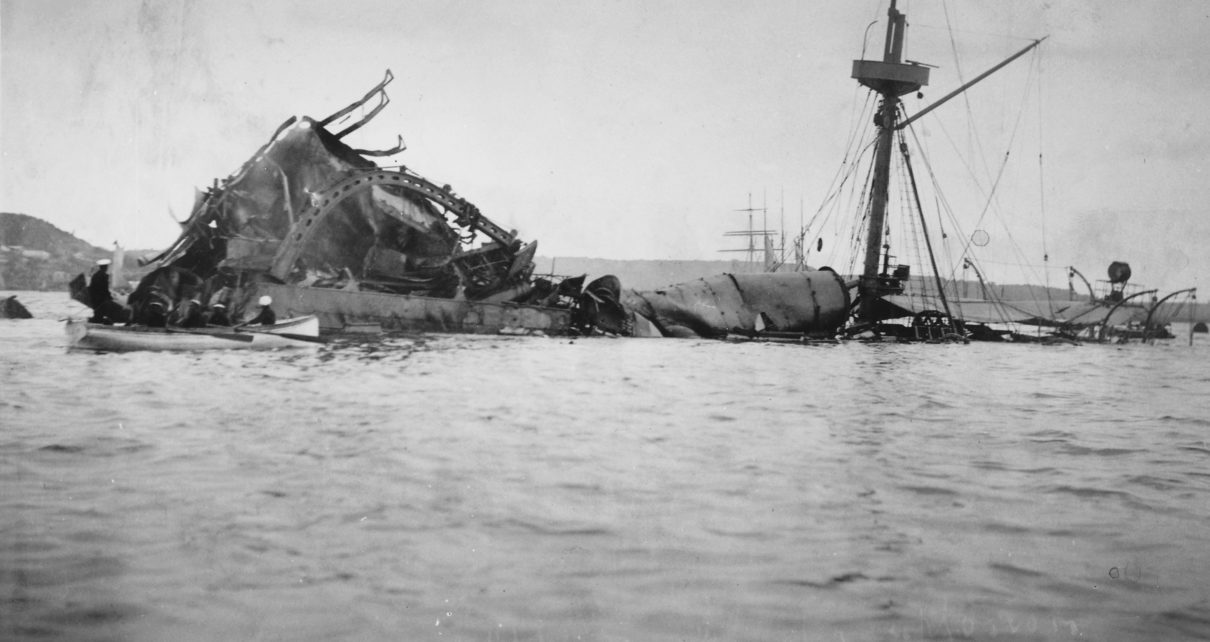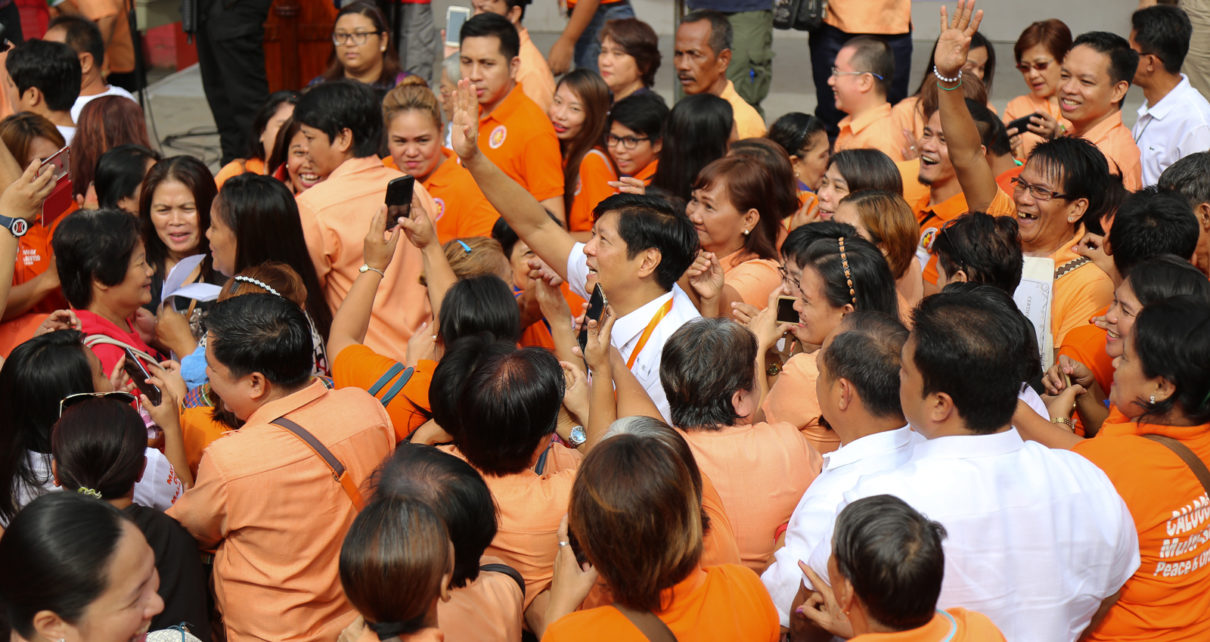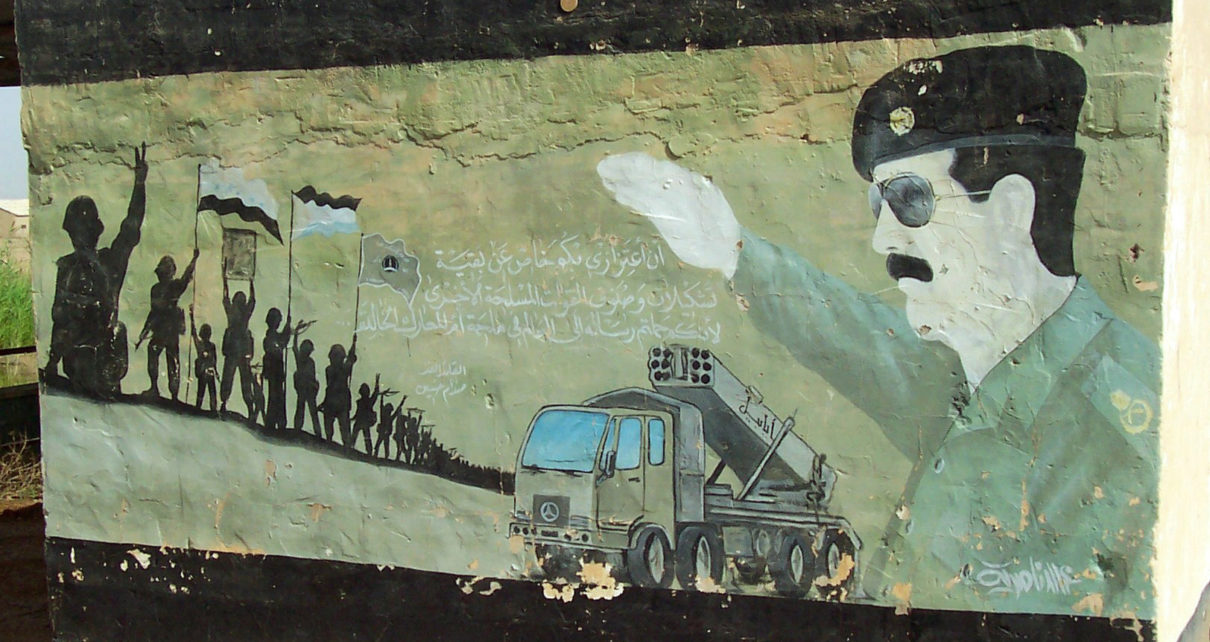What does war in the Tigray region show about the future of disinformation in ethnic and regional conflicts? In this article, Jack Burnham discusses the role of gas-lighting and other information warfare techniques in the Horn of Africa’s most recent outbreak of hostilities.
5. Authors of the NCC
A list of authors, past and present
Toward a “Green Diplomacy”: The Case of the Canada-Germany Hydrogen Alliance
In August 2022, Canada and Germany formed energy and mineral partnerships. This article considers the successes and limits of Canada’s evolving effort to align energy security with the imperatives of climate change.
Sri Lanka: Canada’s Foothold in the Indo-Pacific?
As Sri Lanka’s economic crisis began to unfold in March, 2022, nationwide protests erupted that led to the defeat of political royalty Gotabaya Rajapaksa and the start of the Ranil Wickremesinghe-led government. The economic crisis is a result of low foreign reserves and a high current account deficit, which has left the country dependent on Read More…
Did you know? A Guide to Canada’s Corrections System Infographic
To read more about Canada’s correctional system and wrongful conviction, check out Katherine E. Todd’s article: Milgaard, the Hip, and Wrongful Conviction
No Better Friend, No Worse Enemy? The Marine Corps’ New Information Warfare Strategy
How does the US Marine Corps (USMC) intend to conduct information warfare over the coming decade? In this article, Jack Burnham discusses the USMC’s Force Design 2030 initiative and its focus on countering disinformation and operating in the Indo-Pacific region.
Putin’s War Has United Europe
In this article, Jordan McEwen discusses the European Union’s improved cooperation and how this may have been triggered by Russia’s invasion of Ukraine. Contrary to those who maintain that Europe’s unity over Ukraine is fading, she argues that member states shared concern for their security may be allowing for better cooperation than ever before.
Did you know? 7 Facts About the Arctic Infographic
there are institutions focused on Arctic issues, and what the threats are to the Arctic.
“A Splendid Little War” Great Power Competition, Disinformation, and the Spanish-American War
What is the relationship between disinformation and great power competition? In this essay, Jack Burnham discusses the legacy of the Spanish-American War and the “yellow press” through the lens of great power politics, and its lessons for contemporary policymakers.
Like Father, Like Son? Disinformation and the Marcos’ Legacy
How did Ferdinand Marcos Sr.’s son win power in the Philippines? In this article, Jack Burnham discusses the country’s recent presidential election, Ferdinand Marcos Jr.’s victory, and the role of disinformation in Filipino politics.
Deception, Deceit, and the Dictator’s Dilemma: Russia, Iraq, and Authoritarian Propaganda
Why is the propaganda of authoritarian regimes often so blatantly false? In this article, Jack Burnham discusses Russia’s disinformation campaign surrounding the emerging global food crisis across the Middle East and Africa, Saddam Hussein’s influence operations, and the politics of dictatorship.





